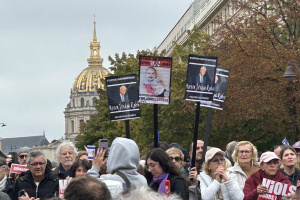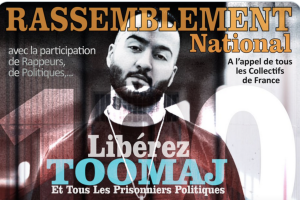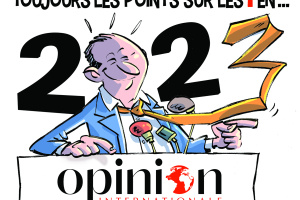 When the history of America’s decline is written with some degree of certainty, the early 21st century offers many choices for dating its official marker. The decision to invade Iraq and the lies that were promulgated, the financial crisis and the lack of accountability, the Republican wins in 2014 and the unabashed goal to oppose everything Obama was or did, or the nomination process to replace Judge Kennedy.
When the history of America’s decline is written with some degree of certainty, the early 21st century offers many choices for dating its official marker. The decision to invade Iraq and the lies that were promulgated, the financial crisis and the lack of accountability, the Republican wins in 2014 and the unabashed goal to oppose everything Obama was or did, or the nomination process to replace Judge Kennedy.
What is so disturbing about this last marker is how many of us stand guilty and how many institutions and values have been harmed. It marks indeed a moment when the ethical floor collapsed on all of us; when all restraints to preserve and protect fundamental principles imploded; and when the politics of intransigence gained full potency across the spectrum, to the detriment of so many, with fundamental implications all but ignored.
Since very few will ever remember what happened decades ago between Brett Kavanaugh and Christine Ford, and since irrefutable evidence cannot inform the debate (and everyone knew that), the story was not about whether he harassed her, or even worse, assaulted her. That does not seem to be what anyone was truly after.
What the confirmation process was all about extends way beyond the truth that unites Brett Kavanaugh and Christine Ford. For every one else, it was about the 2016 theft: how Republicans refused to vote on Obama’s nominee, eight months before the elections, shamelessly flouting constitutional order. It was about the politics of mid-term election, where every issue that can divide is one that can win votes and is therefore one worth politicizing. It was about the future of the Supreme Court, where fundamental social issues can be settled for generations to come. And it was about the fate of the Trump presidency, with every battle now an existential imperative on both sides and a litmus test of one’s morality and identity.
Thus, in this hyperpolarized environment, #Metoo became embroiled in something both much larger and less noble. And in the end, nobody really came out looking ennobled and strengthened from this deplorable sequence of events.
Perceptions of a Supreme Court as a politicized body, now further removed from its founding purpose and vision, are pervasive. Its legitimacy, and its ability to serve as a check on the ills of majority power, personal ambitions and other manipulations of the intent and ideals of the Constitution are compromised.
The Senate, once explained in the Federalist Papers as the bulwark of wisdom to counterbalance the raucous fervors that the House of Representatives would generate, is now fully servile to similar unfettered passions.
The standards of political discourse, strategy and tactic are ever more cheapened, with few ethical restraints on opportunistic maneuvers, even fewer moral red lines, and discomfortingly little clarity as to if, when and where this will stop. As if we are sleepwalking towards a precipice, sacrificing so much for so little. The contrast between the magnitude of what’s being jettisoned with total insouciance and the pettiness of what’s being gained with utter venality is nauseating.
And then there is the #Metoo movement, the long overdue reckoning moment for men. Now, in the aftermath of the Brett Kavanaugh debacle, it is a movement seeking a strategy, exposed to many vulnerabilities, that needs to restore its independence. It is a movement that needs to and rethink its associations, and its means. And it is a movement that needs to strengthen its resistance to manipulation.
So how does #Metoo recover?
The movement suffers from a double basic instinct contradiction; the imperative to shed light on one of humanity’s vilest trait, the exploitation (sexual, economic, political and physical) of women by men, feeds another one of our primal and dishonorable urge, that of voyeurism. And that impulse now risks taking over the discourse, the tactics, and the strategy, blurring the essential line between symptom and cause. As such, it becomes at best a distraction, and at worse, a self-mutilating sword. Already, as the Economist reported earlier this month, the number of people (well, of men really) doubting the sincerity and sustainability of the #Metoo is on the rise.
The media, which is not living one of its finest moments, is now focused almost exclusively on claims and rebuttals of sexual misdeeds and other deviations. The prurient has become the goal, the salacious has become the essence.
For #Metoo to regain its efficacy, its staying power and, dare I say, the moral advantage, it must recast sexual harassment to its rightful place, as one among many other symptoms of the fundamental and structural inequality from which which to this day women continue to suffer. In the grand and noble tradition of civil rights, Metoo must focus on the foundational dimensions of unequal pay, unequal representation, and unequal historical treatment. Why? Because they are at the root of the mindset and systems that ultimately lead men to think it is proper to curry sexual favors or impose personal sexual needs on women, Hollywood stars or hotel maids alike. It is also these issues that appeal to reason and values across the current political and social divide. And finally, these are battles where the full power of the US Constitution be brought to bear to realize the promise of the founding fathers, and of its mothers.
As Hollis Lomax closes this column, America’s midterm elections have finally settled, with its habitual gloating from all sides; nothing new under the sun here. But one ray of genuine hope shines more brightly than usual; the growing political energy and influence of courageous women, who ran, voted and got elected in record numbers. May they lead a restored politics that will allow #Metoo to reach its essential, transformational and long overdue conclusion.
Hollis Lomax, November 2018











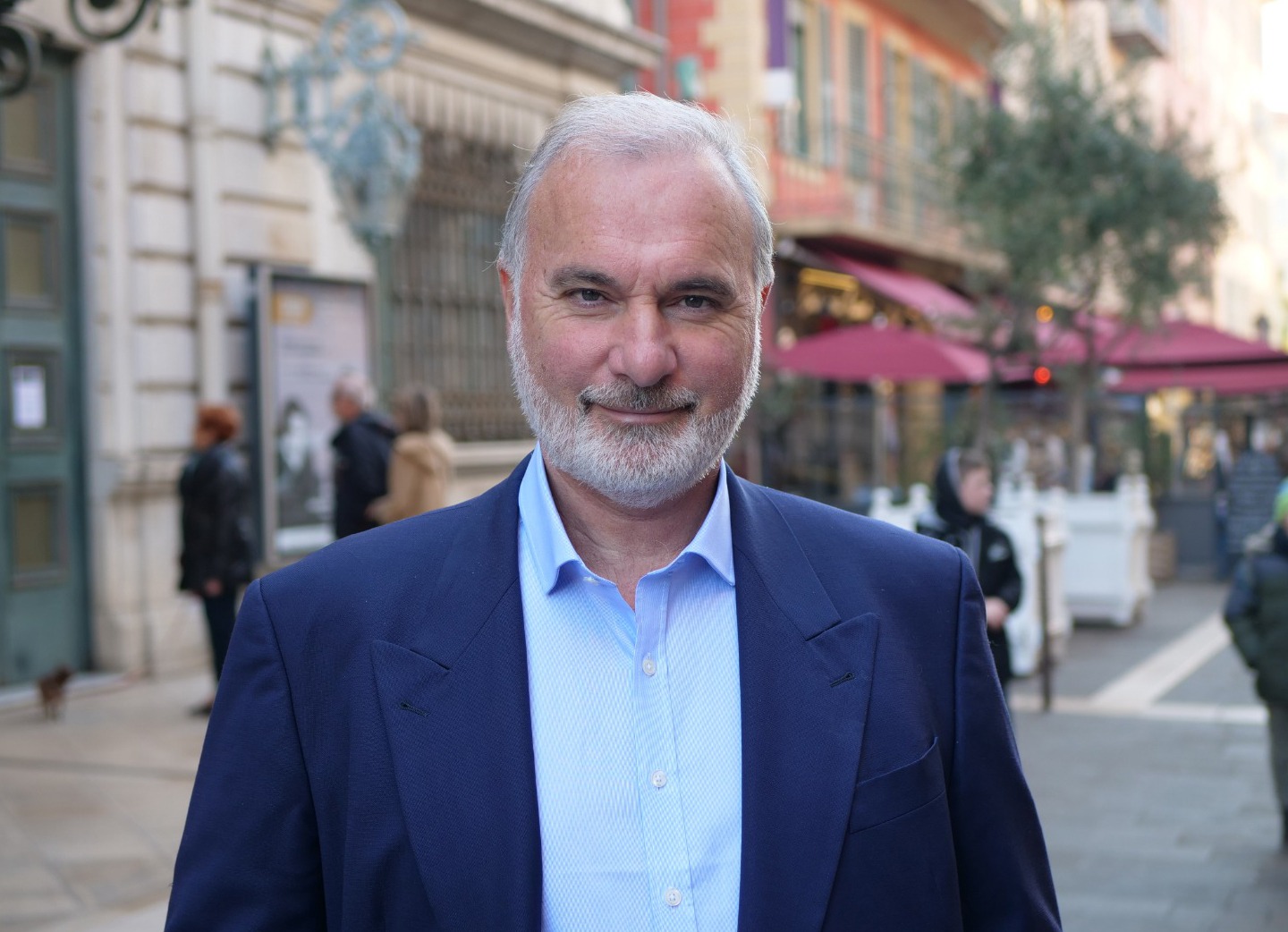
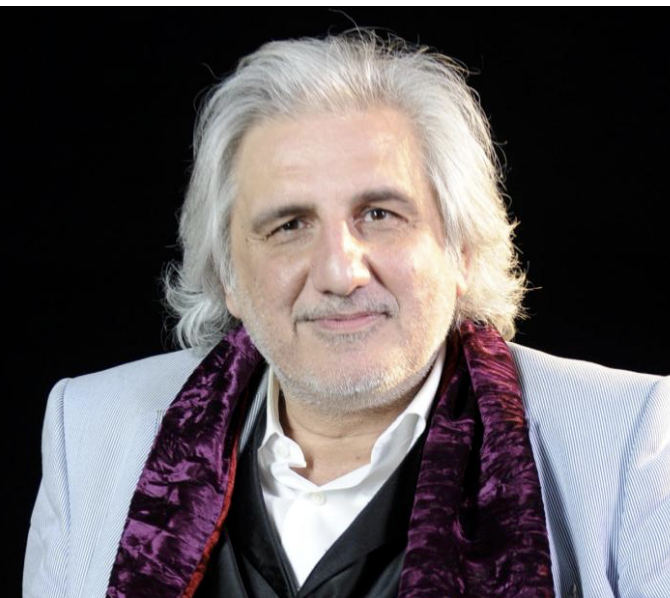
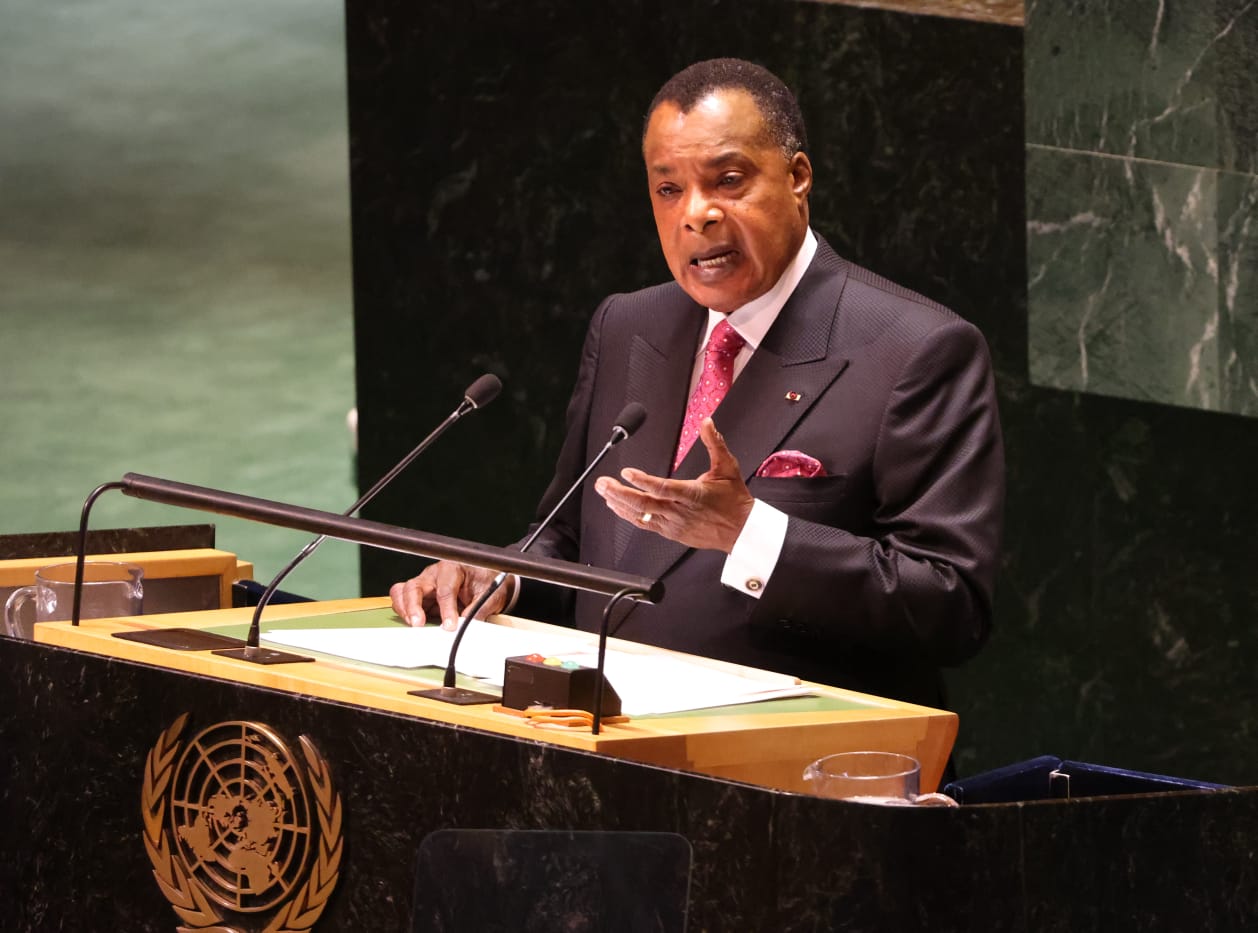




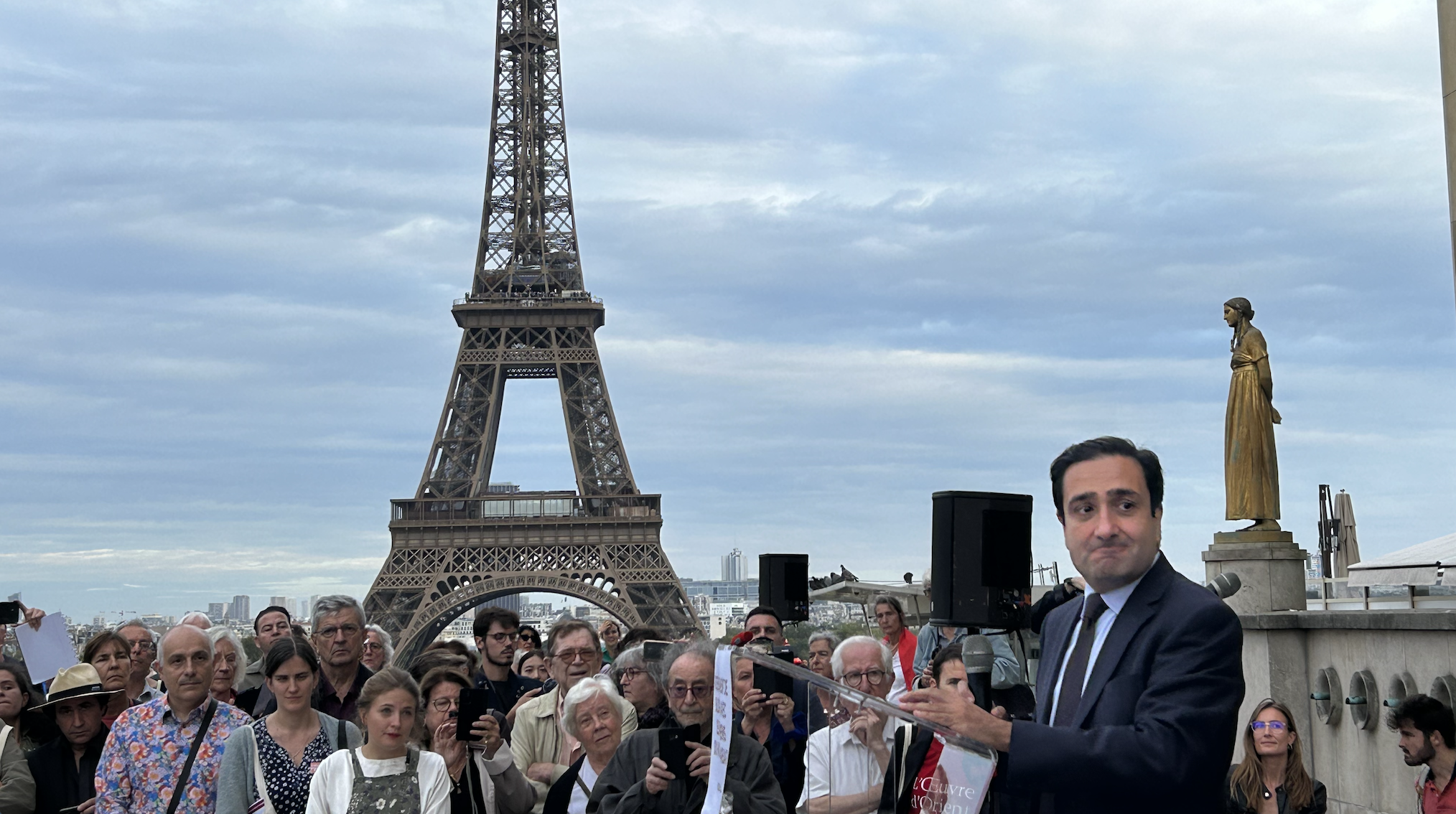


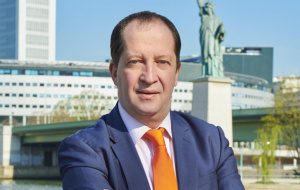
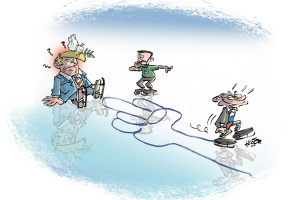









 Opinion Paris 2024
Opinion Paris 2024



